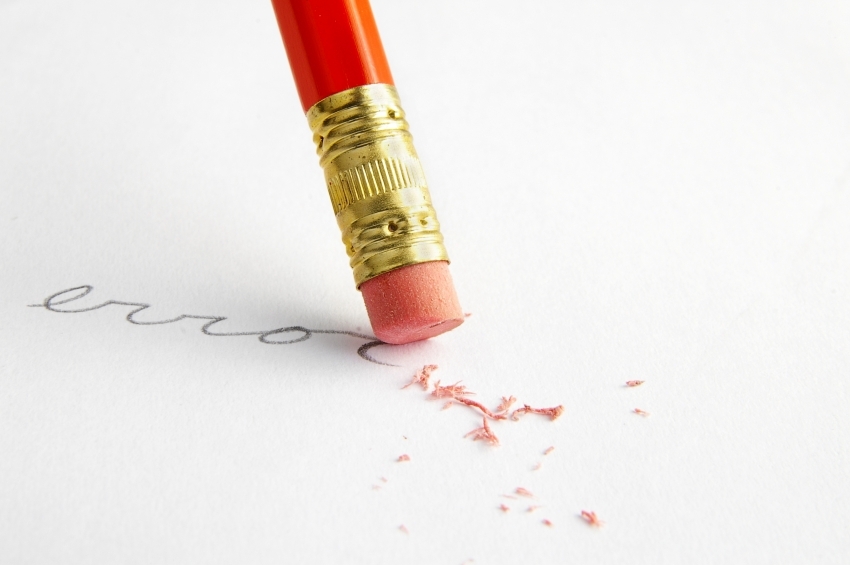I’m an editor.
— Really? For which newspaper?
I’m an editor.
— You mean, like, you work in the movie business?
I’m an editor.
— Gee, I’d better watch what I say or you’ll correct my grammar.
I evaluate written material, help people organize their thoughts, and reduce masses of confusing blather to short, clear, useful text.
— So, you’re an editor?
Although I’ve been editing for almost as long as I’ve been able to read, I still haven’t found a simple way to explain to the public exactly what editors do. Editing includes a multitude of different jobs; the Editors’ Association of Canada defines twelve types of editing, and the Chicago Manual of Style at least three, one of which is known by three different names. No wonder people are confused.
Pick a stereotype. Editors wear green eyeshades like the short-tempered newspaper bosses in black-and-white movies. Editors brandish red pencils like weapons and delight in making writers cry. Editors are fussbudgets who primly correct the casual conversation of friends who say “that” instead of “which.” Editors are eagle-eyed human spellcheckers.
In real life, an editor might be mentor, coach, writing teacher, project planner, consultant, document designer, manager, diplomat, collaborator, muse, and friend. An editor might be asked to clarify a single confusing sentence, or to evaluate a thousand-page manual and recommend ways to reduce it to a quick-reference card. An editor can skilfully interview a writer to find out what they’re trying to say, even when the writer isn’t sure. An editor sees not only the words but the big picture, recognizes what’s missing and what doesn’t make sense, and recommends ways to fix the problems. An editor must be confident enough to query an author without causing offence, and to stick to their guns for the good of the work.
An editor loves language, with all its quirks and contradictions. She or he knows the rules and knows when the rules can be ignored (notice the passive voice?). An editor might be a good generalist who knows a little about a lot of things, able to recognize when a fact or a name rings a bell but doesn’t ring true. Another might have an advanced degree in a specialized field, with more knowledge than the author of the work they’re editing.
An editor recognizes the author’s voice and helps to polish the work without changing the style. One of my favourite client testimonials describes the editor’s contribution: “I don’t know what she does, she doesn’t change anything you said, she just waves her magic wand and makes it all sound right.” In short: editors help you say what you mean.
Heather Sommerville is founder and principal of SuperScript Communications, which provides writing, editing, and consulting services to businesses and individuals.This article was originally published in Coast Lines March 2007 in slightly different form.

